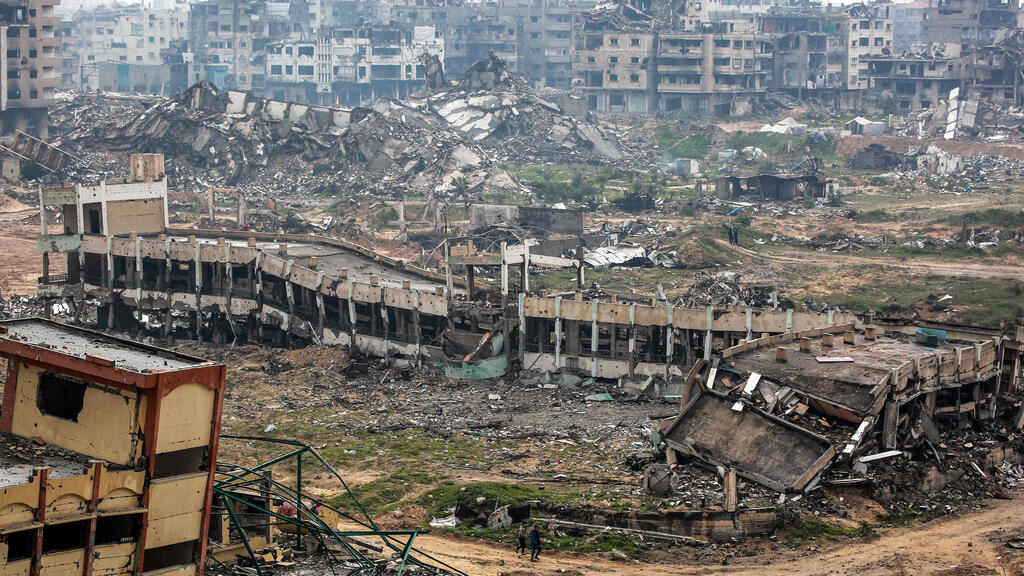Getting your Trinity Audio player ready...
Hamas backtracked on its threat not to release any more Israeli hostages after former U.S. President Donald Trump warned that if the hostages were not freed by Saturday, “all hell would break loose.”
What does Donald Trump's hell look like?
According to Dan Perry, former chief editor of the Associated Press in Europe, Africa, and the Middle East, Trump could authorize Israel to resume the war with even greater force than before.
“I suppose in some version of the universe that might terrify Hamas, but not in my version of the universe, because these are nihilist jihadis who thrive off the destruction of their own territory, the suffering of their own people,” Perry said Tuesday on ILTV News' Insider. “I think Trump's greater leverage might be on the Arab states that, to various degrees, support, enable, acquiesce to, or maybe even are fearful of taking on Hamas.”
Perry suggested these states could include Jordan, Egypt, Saudi Arabia, and especially Qatar, which maintains a delicate relationship with the United States while hosting an important American military base.
“It’s not clear who has leverage over whom in this situation, but Qatar does like to make nice with the world,” Perry said. “They like to pretend they’re a normative country, and that doesn’t really go hand in hand with supporting a terror group.”
Watch previous episodes of Insider:
In contrast, Pesach Wolicki, executive director of Israel365 Action, told Insider that the real power of Trump’s warning lies not in an actual threat of destruction or war but in the speculation it creates.
“This whole speculation, the whole doubt, is really part of what Donald Trump’s game plan is,” Wolicki said.
He called it “refreshing” to see a U.S. president navigate Middle East negotiations more effectively than most Western leaders. He added that one of the great ironies of Trump’s presidency is that, despite entering office in 2016 with no foreign policy experience, he seems to handle the region better than many of his predecessors.
In the past, Wolicki noted, Arab leaders would stake out extreme positions, knowing that over time, Israel would shift closer to their demands. They would simply wait it out. But Trump changed the paradigm. When Hamas threatened to stop releasing hostages, he didn’t return to the negotiating table or plead for the deal to continue. Instead, he issued an ultimatum: release them all by Saturday at midnight—or else.
“It is a negotiating ploy that I think is the right way to play,” Wolicki said.


